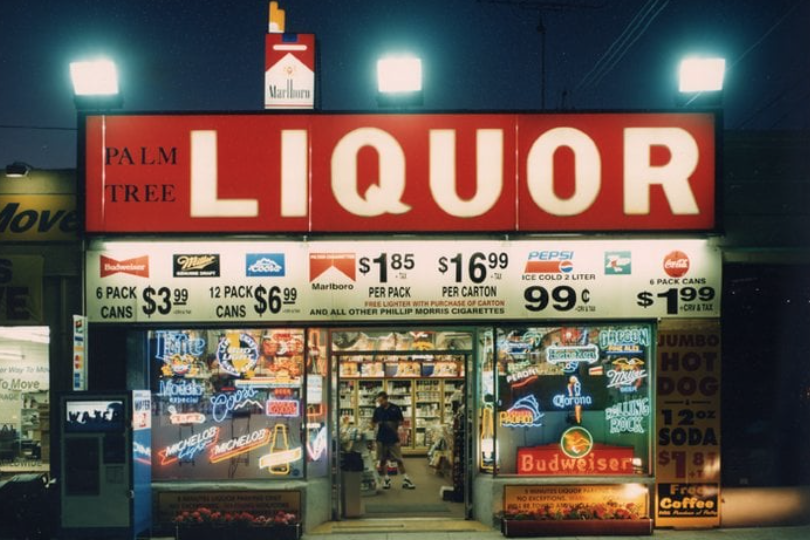CommentsVOICES--Children shouldn’t have to step over intoxicated people passed out on the sidewalk on their way to or from school. Drunken street fights at midnight or later, shouldn’t frighten children who are trying to get a good night’s sleep in their own homes.
Yet these scenarios happen all too often in some of LA’s neighborhoods, where places to buy and consume alcohol often outnumber parks, libraries, coffee shops and fast food restaurants combined.
This is the chilling effect of handing out alcohol permits like candy to most any applicant. There is a case to be made for the economic revenue such business brings to the City, but where is the consideration of the cost to public health and safety?
If the City were as interested in reasonable policy solutions that protect and empower neighborhoods as they are in flooding those neighborhoods with alcohol businesses, then perhaps an abundance of alcohol licenses would make sense. But neighborhood quality isn’t improving. And the alcohol keeps on flowing.
Currently, more than 7,700 businesses that sell alcohol operate within the City of Los Angeles. Over 1,000 licenses are in the application process and the City is on the verge of getting swamped with even more permit requests. Councilmember Paul Krekorian recently introduced the Restaurant Beverage Program (Council File #17-0981) that would make the entire process much easier and cheaper for businesses seeking a permit to sell alcohol. The proposal offers restaurants a set of conditions they must meet in order to speed up the process, as well as make it less costly.
However, community activists and public health advocates are alarmed at what appears to be a process where applicants will likely sail through. In its current form, the ordinance doesn’t allow impacted neighborhoods to have any input whatsoever on where, what and how many alcohol businesses will be opening.
Councilmember Krekorian’s proposed ordinance comes at a time when community activists are in the midst of another battle with City Council over alcohol-related businesses. Several hundred petitions are on file urging city leaders to grant local neighborhoods the power to essentially declare an area closed to additional alcoholic establishments. The Alcohol Restricted Use Subdistricts (ARUS) ordinance would give communities that are flooded with alcohol establishments the right to ask that their area, which could be one city block or stretch to a couple of square miles, be established as an ARUS. Once that is in effect, no new alcohol businesses can open but existing ones would stay.
The ARUS ordinance is an important tool, considering LA County spends $10.8 billion annually reacting to alcohol-related problems such as drunk driving, injury and crime, so it’s reasonable to believe any proactive solutions would be well-received. But that’s not the case with ARUS, which was brought up more than two years ago. Activists have been pushing the Council to get it on the agenda ever since. But time is running out. If ARUS (Council File #17-0117) does not get on the Council agenda for discussion by February, the motion dies.
What’s even more distressing is to watch a proposal designed to speed up the alcohol permitting process progress so quickly through the system, while initiatives such as ARUS, which would protect neighborhoods, simply gets ignored.
Our city leadership often emphasizes walkable streets, such as Mayor Garcetti’s Great Streets Initiative http://lagreatstreets.org, and making overall improvements in quality of life. But how can quality of life get better for many L.A. neighborhoods when the problems caused by alcohol sales on every corner increase with the addition of yet another liquor store, bar or restaurant that sells wine, beer or sprits? The notion that L.A. can be smartly and effectively governed from City Hall with little or no neighborhood input is unethical, unfair and just plain wrong.
How many alcohol related car crashes, fights, sexual assaults, and domestic abuse incidents have to happen before city leaders will take notice, and finally take action?
Oren Katz, Business Chair of Hollywood Hills West Neighborhood Council & Member of Community Police Advisory Board-LAPD Hollywood Station.







